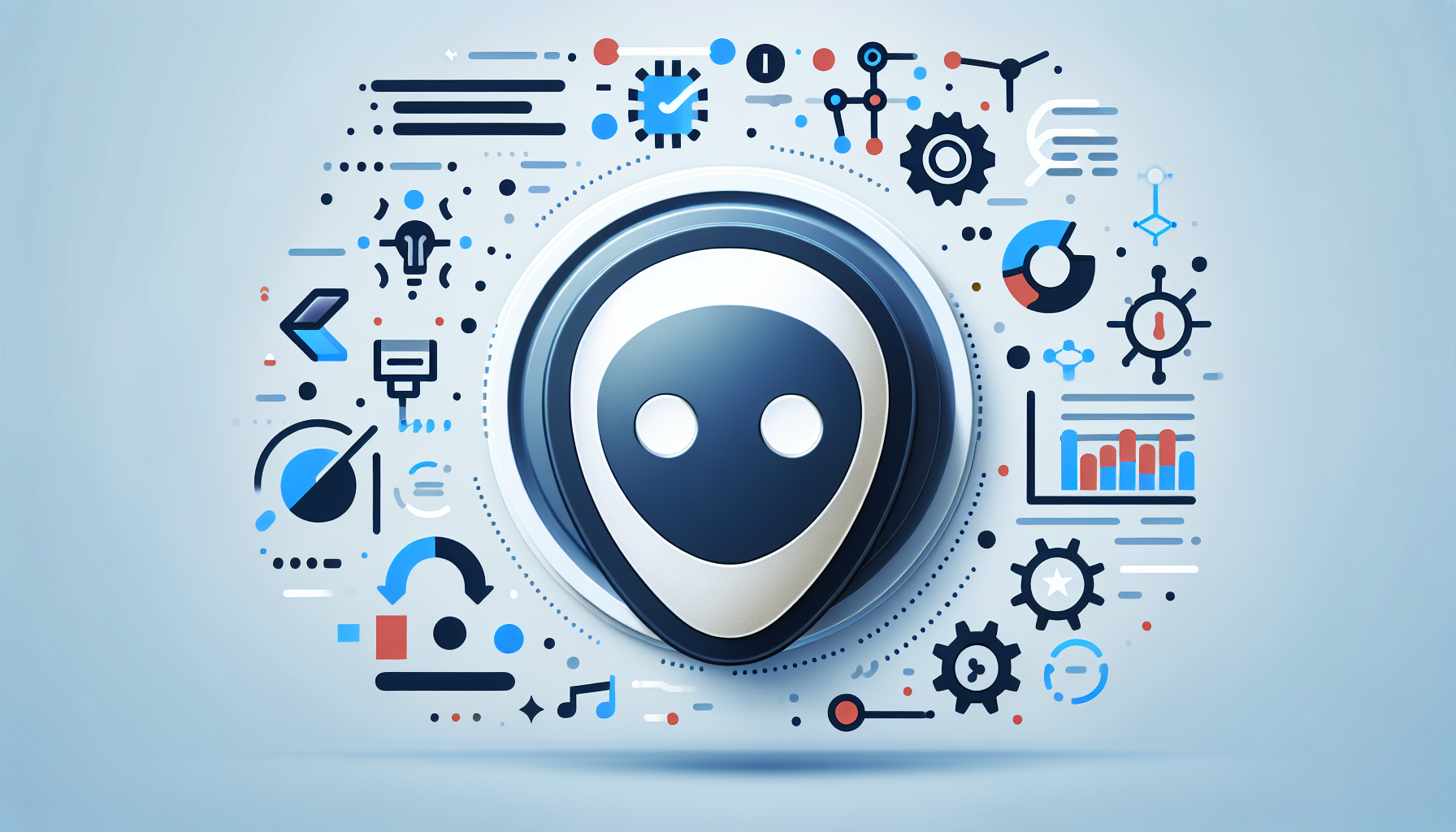What Makes An AI Agent Good?
Introduction
In today's fast-paced digital landscape, AI agents have become an integral part of various industries, from customer service to code generation. But what sets apart a "good" AI agent from a mediocre one? What qualities make an AI agent effective, efficient, and valuable in real-world scenarios? In this article, we'll delve into the core characteristics that define a good AI agent and explore how these qualities manifest in practice.
Key Qualities of a Good AI Agent
A good AI agent excels at autonomously performing tasks on behalf of its users, adapting to new situations, and interacting effectively with both humans and other agents. The following six core qualities are essential for an AI agent to be considered effective:
Autonomy
A good AI agent acts independently, making decisions and executing tasks without requiring constant human oversight. This autonomy is crucial for handling complex, dynamic, or large-scale problems where real-time or continuous decision-making is necessary.
Adaptability and Learning
Effective AI agents learn from experience, using memory and feedback to improve over time. Adaptability enables agents to handle unpredictable or evolving environments, adjusting their strategies based on past interactions or new data.
Intelligent Decision-Making
Good agents analyze data, interpret context, and make informed decisions using a combination of machine learning, rule-based logic, and predictive models. The ability to plan, reason, and break complex goals into manageable subtasks is a hallmark of high-quality agentic behavior.
Interaction and Collaboration
Top-performing AI agents can communicate and collaborate with other agents or humans to achieve shared objectives. This interaction allows for multi-agent systems in which specialized agents work together, leveraging their strengths to tackle tasks beyond the capability of any single agent.
Reliability and Robustness
A good AI agent performs consistently and accurately, especially in mission-critical or high-stakes applications. High-quality training data is essential to ensure reliability and to generalize performance across diverse scenarios.
Action-Oriented and Iterative Problem Solving
Unlike traditional AI models that simply generate outputs, agents can take actions, monitor results, detect failures, and iterate to improve outcomes. This action-oriented loop mirrors how humans solve problems, making agents more effective collaborators and decision-makers.
How These Qualities Manifest in Practice
For example, in customer service, a good AI agent not only understands and responds to queries but can also follow up, escalate issues, and learn from new interactions to improve future service Automated Customer Service Examples with Case Studies. In code generation, an agent doesn't just write code on request; it tests, debugs, and refines the code, much like a human engineer would.
Conclusion
A good AI agent is autonomous, adaptive, intelligent, collaborative, reliable, and action-oriented—capable of not only performing tasks but also learning and improving over time, interacting meaningfully with its environment and other entities, and delivering value in complex, real-world scenarios. By understanding these core qualities, businesses and developers can create AI agents that revolutionize their operations and transform the way they interact with customers and other stakeholders The Revolutionary Impact of AI Agents on Business Operations.
By embracing the power of good AI agents, we can unlock new levels of efficiency, productivity, and innovation, and create a brighter future for industries and individuals alike.

